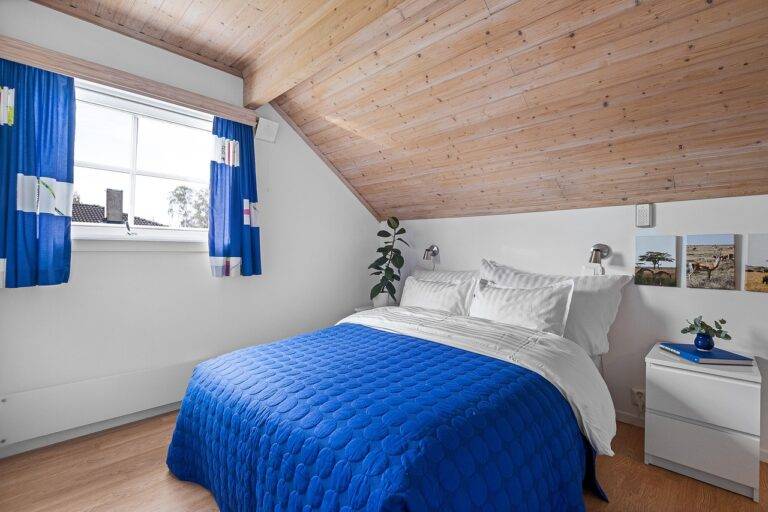The Importance of Natural Ventilation in Home Design
Fresh air is a vital element for maintaining a healthy indoor environment. Natural ventilation, which involves using windows, doors, and vents to bring in fresh outdoor air, helps to improve air quality inside homes. By allowing for proper air circulation, natural ventilation can reduce the buildup of indoor pollutants like volatile organic compounds (VOCs) and allergens, creating a healthier living space for occupants.
In addition to promoting better air quality, natural ventilation also plays a key role in regulating indoor temperatures. By allowing for the natural flow of air, this ventilation method helps to cool down homes during hot weather and reduce the need for artificial cooling systems. This not only enhances comfort levels for residents but also leads to energy savings by decreasing reliance on air conditioning units.
Health Benefits of Natural Ventilation in Homes
Improving indoor air quality is essential for maintaining a healthy home environment. Natural ventilation plays a key role in reducing pollutants and ensuring proper air circulation within the house. By allowing fresh air to flow in and stale air to exit, natural ventilation helps in preventing the build-up of harmful chemicals, allergens, and other indoor air pollutants.
Furthermore, natural ventilation can also contribute to the overall well-being of the residents. Studies have shown that increased fresh air intake and better air circulation can lead to improved cognitive function, better sleep quality, and reduced stress levels. By promoting a healthier indoor environment, natural ventilation in homes can positively impact the physical and mental health of the occupants.
What are the benefits of natural ventilation in homes?
Natural ventilation helps improve indoor air quality, reduce the risk of mold and mildew growth, regulate humidity levels, and lower energy costs.
How does natural ventilation improve indoor air quality?
Natural ventilation helps remove indoor air pollutants by bringing in fresh outdoor air and expelling stale indoor air, leading to a healthier living environment.
Can natural ventilation help prevent the growth of mold and mildew in homes?
Yes, natural ventilation helps reduce moisture levels in the home, which can prevent the growth of mold and mildew in areas prone to dampness.
How does natural ventilation regulate humidity levels in homes?
Natural ventilation allows for the exchange of indoor and outdoor air, helping to maintain optimal humidity levels and prevent the build-up of excess moisture.
Does natural ventilation help lower energy costs?
Yes, natural ventilation can reduce the need for artificial cooling and heating systems, resulting in lower energy costs for homeowners.
Are there any health benefits associated with natural ventilation in homes?
Yes, natural ventilation can help reduce the risk of respiratory illnesses, allergies, and other health issues by improving indoor air quality and promoting better airflow.





